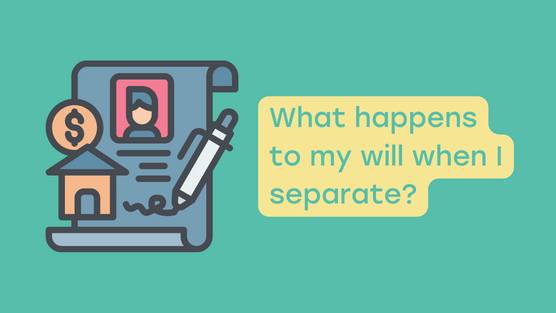Separation is a rollercoaster. Grief, anger, confusion – it’s a whirlwind of emotions that can leave you feeling lost at sea. While this is a normal part of the process, there’s no shame in seeking help to navigate the choppy waters. This is where psychology and therapy can be your anchor.
CONNECT WITH A THERAPIST
Do I need a therapist during separation?
Whether you’re contemplating separation or already dealing with the upheaval, therapy can be a powerful tool for both individuals and couples.
Here’s why:
Understanding your emotions A therapist provides a safe space to unpack the complex web of emotions that come with separation. They can help you identify the root of your feelings and develop healthy coping mechanisms to deal with them.
Prioritising self-care Separation can be all-consuming. Therapy can help you focus on your well-being, rebuild self-esteem, and prioritise activities that nourish you.
Making difficult decisions Facing the logistics and legalities of separation can be overwhelming. A therapist can offer guidance as you navigate these challenges and make informed decisions about your future.
Emotional support for children If you have kids, therapy for children can give them a safe space to process their emotions and develop healthy coping mechanisms.
What type of therapy is right for me?
There are two main types of therapists in Australia: psychologists and counsellors. Psychologists focus on more severe mental health issues, while counsellors generally deal with everyday problems.
Although both can support people going through separation, there are some key differences.
Psychologists
Under Australian law, psychologists require more education and training than counsellors. They can diagnose mental health conditions and use evidence-based treatments such as cognitive behavioural therapy. However, please note that if you are looking to be prescribed medication, you will need to receive a referral from a psychiatrist.
One of the main benefits of seeing a psychologist is that you can obtain a Medicare rebate. If you wish to claim the Medicare rebate, you will need a referral from your GP. This is called a Mental Health Treatment Plan. With the Medicare rebate, the cost of seeing a psychologist is reduced. You will be eligible for 10 rebated sessions per calendar year if you receive a Mental Health Treatment Plan.
Counsellors
Counsellors serve as supportive guides, offering a listening ear and collaborative approach for those facing difficulties in everyday life. They focus on understanding your unique experiences with issues like grief, anger, or relationship struggles. Counsellors can help you develop strategies and a plan to achieve your goals and navigate emotional challenges.
While counsellors are not covered by Medicare rebates, some offer private health rebates, so it is important to check whether you are covered. In some situations, counsellors may be more cost-effective than psychologists, even without a Medicare rebate.
Ultimately, the best choice depends on your needs.
Should I get therapy with my (ex) partner?
Couples therapy can still be beneficial even if you’re headed towards separation or divorce.
Here’s how:
Communication bridge Communication often breaks down during separation. A therapist can act as a neutral mediator, facilitating constructive communication and fostering understanding between partners.
Co-parenting strategies If children are involved, co-parenting is crucial. Therapy can help you develop healthy co-parenting strategies prioritising your children’s well-being.
Closure (even if not reconciliation) Therapy can help you gain closure on the relationship, even if reconciliation isn’t the goal. It can be a space to process the past, acknowledge each other’s feelings, and move forward respectfully.
Remember: Therapy isn’t a sign of weakness; it’s a sign of strength. It shows a willingness to invest in yourself and your emotional well-being during a challenging time.
How do I find the therapist I need?
Finding a therapist can feel daunting, but there are resources available. You can speak to your doctor for recommendations or use Talked to find someone who suits your needs. Remember, finding a therapist you feel comfortable with is important, so don’t hesitate to interview a few before deciding.
If you are finding it difficult to make decisions about how to move forward with your mental health or are in danger of hurting yourself, it’s best to reach out to Lifeline or contact your GP.
Meet Talked – the psychology and counselling recommendation platform
Our Network Member, Talked, is Australia’s number one online therapy platform.


Talked takes the guesswork and difficulty out of finding the right mental health support. Talked has helped over 20,000 Australians find, book and connect with one of our 150 psychologists or counsellors in 12 hours. Whether it is speaking with a relationship counsellor for couples therapy through to accessing individual sessions with a Medicare-rebated psychologist, Talked is there to help you find the right therapist for your needs.
You can select the kind of therapy you need and the issues you need help with. Match to available therapists and book an unlimited number of free introductory sessions to find the person who best supports your needs.
Separation may be inevitable, but navigating it doesn’t have to be a lonely journey. Therapy can be your guiding light, helping you navigate this difficult chapter and emerge stronger on the other side.
Take the first step to a happier you.















